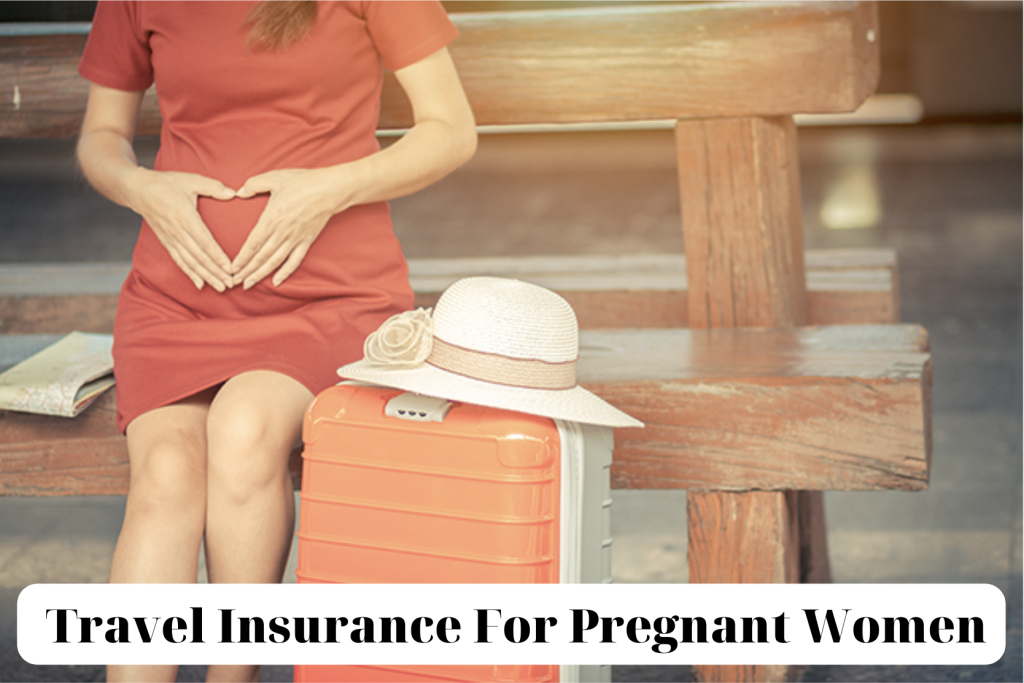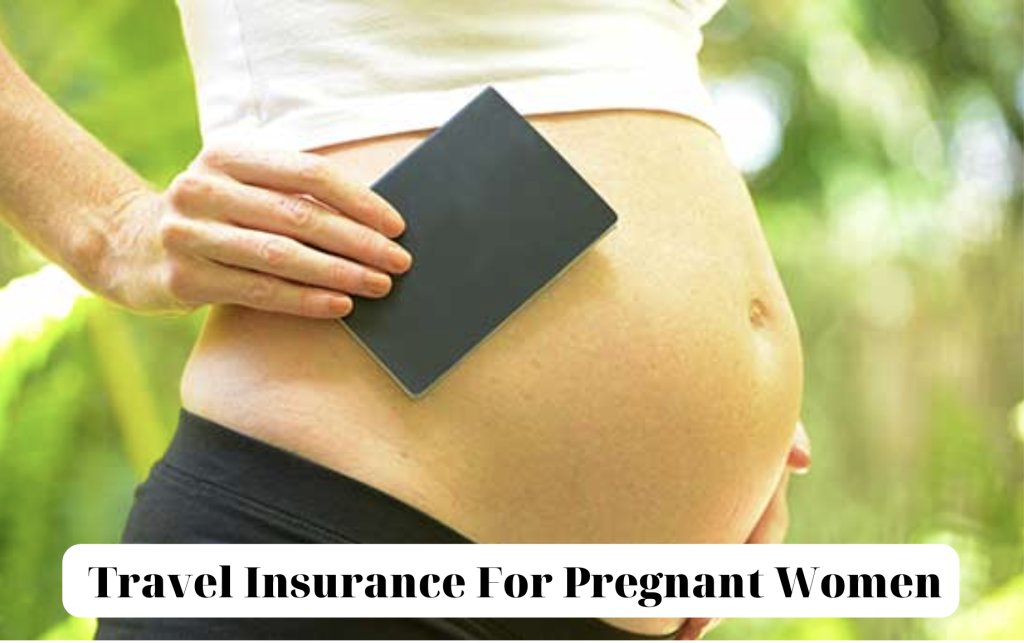Travel Insurance For Pregnant Women is one of the most frequent queries we receive. While the majority of pregnant women may travel securely and without incident, issues do occasionally develop, leaving customers wondering what travel insurance covers.
The short answer is that pregnancy that arises after you’ve acquired your plan or unforeseen pregnancy issues may be covered under travel insurance. Normal pregnancy-related trip cancellations and other travel-related losses are often not covered by travel insurance.
Similar to other types of insurance, travel insurance has defined and limited coverage terms. Carefully read your contract, and contact us if you have any questions concerning coverage. Women who are expecting should speak with their doctors if they have any worries or queries about safe travel. Continue reading for a thorough explanation of Travel Insurance For Pregnant Women.
1. What does Travel Insurance For Pregnant Women cover?

You’re in your first trimester of pregnancy and feeling great, but a week before your business flight to New York, you start to feel really sick. You are hospitalized the day before your travel because of hyperemesis gravidarum, a severe and serious form of morning sickness, that your doctor has diagnosed you with. Can your Travel Insurance For Pregnant Women cover the cost of the postponed trip?
Yes. Pre-eclampsia, gestational diabetes, or hyperemesis gravidarum are just a few examples of unanticipated pregnancy issues that Allianz Global Assistance travel insurance can cover. In the event that you have to cancel or cut short your vacation due to pregnancy-related issues, your travel insurance may cover the costs of your nonrefundable trip.
A doctor must advise you to cancel your trip if your illness, accident, or medical condition is severe enough to make a reasonable person abandon their travel plans. For instance, a typical case of morning sickness would not qualify as a valid cause to reschedule a vacation. You will require proof from your doctor when you submit a claim for trip cancellation or interruption brought on by a pregnancy issue.
Allianz Global Assistance’s travel insurance policies all come with access to 24-Hour Emergency Assistance. Contact our hotline by phone or the TravelSmart app for prompt assistance if you have a medical emergency while traveling or any other issue. If you got covered emergency medical care while traveling due to pregnancy issues, your insurer might compensate you if your plan provides emergency medical benefits.
Please be aware that Travel Insurance For Pregnant Women does not provide coverage for such complications. For instance, your doctor might urge you to postpone the trip to Paris you had scheduled for the sixth month of your third pregnancy if you had early deliveries with your first two pregnancies. Since no complications have been found, this pregnancy is still considered normal. The trip cancellation would not be covered by travel insurance.
2. Why do you need Travel Insurance For Pregnant Women?

Pregnancy is a common circumstance, and both single-trip and multi-trip travel insurance packages can provide coverage for pregnant women who travel. Unless there are issues, pregnancy is not regarded as a pre-existing condition, therefore you shouldn’t have to pay more for your coverage.
The amount of coverage, the time lengths, and exclusions that are imposed, however, may vary between policies. If you currently have annual travel insurance, it is wise to review the terms of your coverage to see what is covered and whether it is sufficient. Ask your provider about adding coverage if your annual insurance doesn’t match your needs.
In order to ensure you have the necessary coverage, let your insurance provider know well in advance of your trip. Additionally, be sure to let them know if you have any medical concerns that could affect your pregnancy, such as gestational diabetes or high blood pressure. If you don’t, you might not have insurance should you need medical attention.
The alternative is to check into single-trip insurance with higher levels of protection, which can pay for any emergency prenatal medical care costs overseas, including substantial hospital expenditures for problems or early delivery.
3. Five Useful Tips For Pregnant Women Traveling

Even while it’s generally safe to travel while expecting during your first and second trimesters, it’s still a good idea to research your destination and see a doctor before you go. Here are a few things to think about:
- Destination: Although an isolated island may be the height of luxury, it may not always be the ideal place for your babymoon. Think of areas that have easy access to transportation networks, roads, and medical services.
- Activities: Depending on your energy levels, your pre-baby holiday may be best spent relaxing and unwinding rather than engaging in physical activities and sightseeing tours. Pregnant women who are adventurous should use caution when engaging in sports like scuba diving, ice skating, rock climbing, and amusement park rides. Your Travel Insurance For Pregnant Women company could not provide coverage for all sports and activities. Before making any upfront reservations, discuss the advised activities with your doctor.
- Local fare and beverages: A pad Thai from a street seller may be just what you’re looking for, but how fresh can you be sure it is? Make sure the tap water at your destination is safe to drink and be wary of any food you believe may not have been completely cooked through or kept chilled.
- Medication and vaccinations: Do you get indigestion or morning sickness? Instead of relying on neighborhood pharmacies, make sure you have all of the necessary drugs and vitamins packed in your bag. Make sure that you and your baby are both candidates for any immunizations before scheduling them.
- What happens to you when you fly: Dehydration and swelling are frequent side effects of flying, especially for pregnant women. Deep vein thrombosis can potentially put you at danger for an eight-hour flight. Make sure to stretch well at least once every two hours, drink plenty of water, dress comfortably (with room to move), and wear DVT flying socks! Keep in mind that you’ll need a letter from your doctor stating that you’re okay to fly if you’re more than 28 weeks along.










